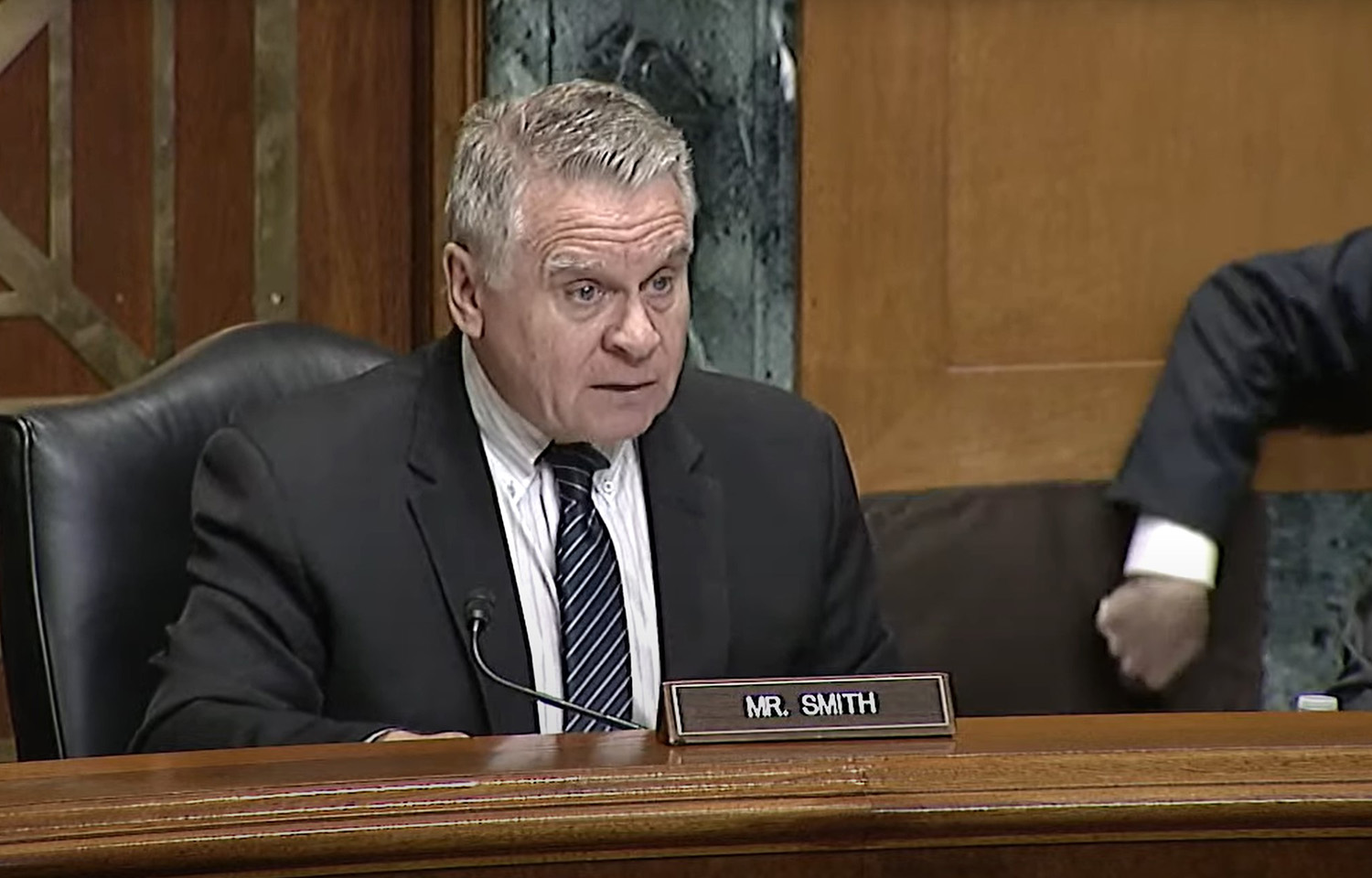US commission pushing Biden administration to halt imports of Chinese seafood linked to North Korean labor

The U.S. Congressional-Executive Commission on China urges U.S. officials to investigate the potential presence of seafood processed in China by North Korean labor in the U.S. supply chain. The Outlaw Ocean Project report highlighted this issue, calling for action against companies involved. Federal laws prohibit importing goods made with North Korean labor, imposing sanctions. The commission requests collaboration between the State Department and Homeland Security to address this issue.
Source: Link
FAQ - US Commission pushing Biden administration to halt imports of Chinese seafood linked to North Korean labor
Frequently Asked Questions
1. What is the US Commission on China?
The US Congressional-Executive Commission on China is a government commission that monitors human rights and the rule of law in China. It is pushing for action against Chinese companies that are accused of using North Korean labor in their seafood processing.
2. Why is the US commission pushing the Biden administration to halt imports of Chinese seafood?
The commission seeks to halt imports because of accusations that certain Chinese seafood companies are using forced labor, including labor from North Korea. The aim is to address human rights violations and prevent the products made with forced labor from entering the US market.
3. Which labor groups are mentioned in concerns about Chinese seafood processing?
There is a concern about the use of North Korean forced labor as well as labor from the Uyghur people in Chinese seafood processing.
4. Have any sanctions been proposed against Chinese seafood processors?
Yes, sanctions have been sought for seven Chinese processors accused of using forced labor. These sanctions are meant to prevent these processors from selling goods in the United States that are made with Uyghur forced labor.
5. What is the result of the US government's action on imports linked to forced labor?
Testimonies and reports suggest that there is an ongoing effort to avoid seafood tied to forced labor from places like Xinjiang and North Korea from entering federal institutions in the US. However, specific outcomes depend on the administration's actions and enforcement of sanctions or import bans.
6. Has the NGO sector been active in the issue of forced labor in seafood?
Yes, NGOs have been active, including asking the US government to bar imports from certain vessels implicated in forced labor investigations.
7. What are the broader concerns about the fishing industry mentioned in the related articles?
The broader concerns include the potential collapse of the world's fisheries, with nearly 90% of the world’s marine fish stocks now fully exploited, overexploited, or depleted according to the UNFAO, and the need for reform in the fishing sectors of various countries, including Taiwan.
All the mentioned FAQ answers are based on the information provided in the search results. If you need more detailed answers or additional FAQs, you may need to refer directly to the linked articles provided.

